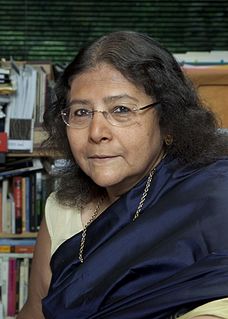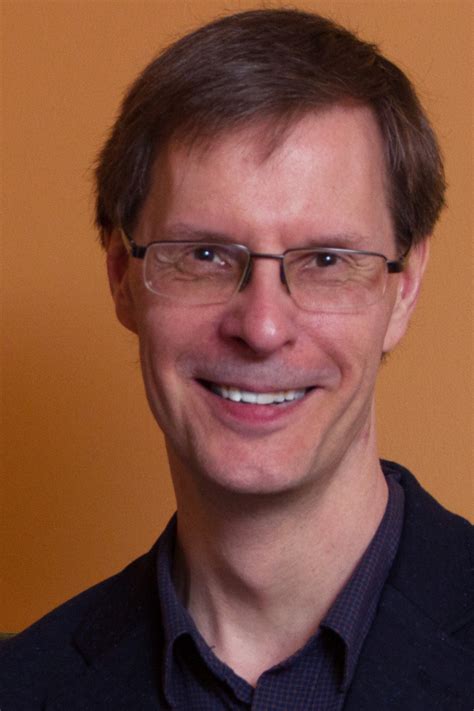A Quote by Sheila Jasanoff
Historically, the idea that you take something novel and you break it has been seen as the ultimate rejection of Enlightenment values, of progress, of civilization - because how could you possibly move forward if you break technology? I think that that misses the point, that if you introduce any kind of technology, what you're introducing is a new way of living and the consequences of that new way of living for people who were enmeshed in a different way of living need to be thought through.
Quote Topics
Any
Because
Been
Break
Civilization
Consequences
Could
Different
Different Way
Enlightenment
Forward
Historically
How
Idea
Introduce
Introducing
Kind
Living
Misses
Move
Move Forward
Need
New
New Way
Novel
People
Point
Possibly
Progress
Rejection
Seen
Something
Take
Technology
Think
Thought
Through
Ultimate
Values
Way
Were
Related Quotes
The way to solve the conflict between human values and technology needs is not to run away from technology. That's impossible. The way to resolve the conflict is to break down the barriers of dualistic thought that prevent a real understanding of what technology is--not an exploitation of nature, but a fusion of nature and the human spirit into a new kind of creation that transcends both.
So, if people didn’t settle down to take up farming, why then did they embark on this entirely new way of living? We have no idea – or actually, we have lots of ideas, but we don’t know if any of them are right. According to Felipe Fernández-Armesto, at least thirty-eight theories have been put forward to explain why people took to living in communities: that they were driven to it by climatic change, or by a wish to stay near their dead, or by a powerful desire to brew and drink beer, which could only be indulged by staying in one place.
You know what your trouble is? You're the kind who always reads the handbook. Anything people build, any kind of technology, it's going to have some specific purpose. It's for doing something that somebody already understands. But if it's new technology, it'll open areas nobody's ever thought of before. You read the manual, man, and you won't play around with it, not the same way. And you get all funny when somebody else uses it to do something you never thought of.
Introducing a technology is not a neutral act--it is profoundly revolutionary. If you present a new technology to the world you are effectively legislating a change in the way we all live. You are changing society, not some vague democratic process. The individuals who are driven to use that technology by the disparities of wealth and power it creates do not have a real choice in the matter. So the idea that we are giving people more freedom by developing technologies and then simply making them available is a dangerous illusion.
You can't just stop technological progress. Even if one country stops researching artificial intelligence, some other countries will continue to do it. The real question is what to do with the technology. You can use exactly the same technology for very different social and political purposes. So I think people shouldn't be focused on the question of how to stop technological progress because this is impossible. Instead the question should be what kind of usage to make of the new technology. And here we still have quite a lot of power to influence the direction it's taking.
There was a time in the 1930s when magazine writers could actually make a good living. 'The Saturday Evening Post' and 'Collier's' both had three stories in each issue. These were usually entertaining, and people really went for them. But then television came along, and now of course, information technology... the new way of killing time.
There was a time in the 1930s when magazine writers could actually make a good living. 'The Saturday Evening Post' and 'Collier's' both had three stories in each issue. These were usually entertaining, and people really went for them. But then television came along, and now of course, information technology...the new way of killing time.
I think the entrepreneurial activities that make art visible and attractive are what lure people into the amusement park that SoHo has become or that Bushwick or Williamsburg has become. It's not that outsiders come to an area because they hear artists are living there. A lot of people came who were not that interested in living with artists, but they were interested in living like artists and socializing the way that they thought artists socialized.
Nothing we do in this great capital can change the fact that factories or information can flash across the world, that people can move money around in the blink of an eye... Nothing can change the fact that technology can be adopted, once created, by people all across the world and then rapidly adapted in new and different ways by people who have a little different take on the way that technology works.































